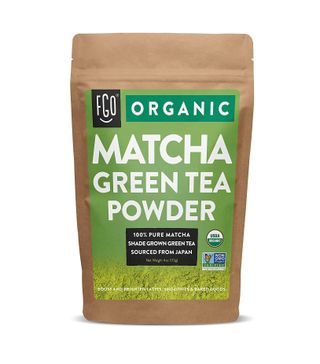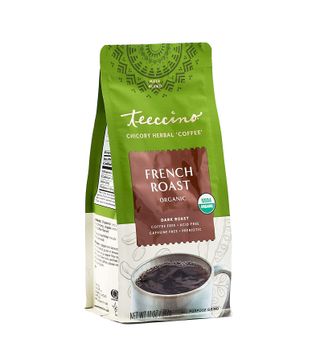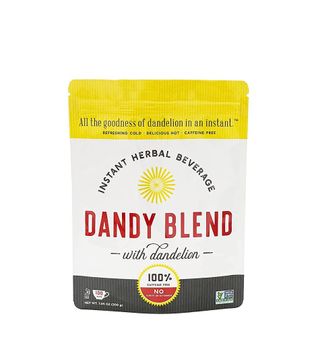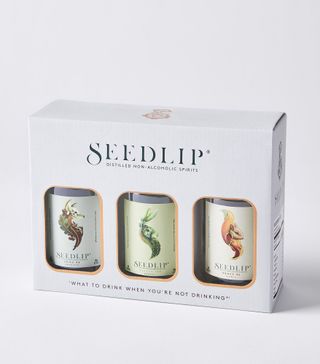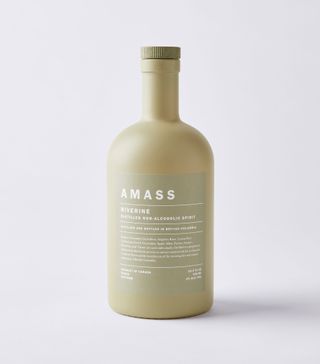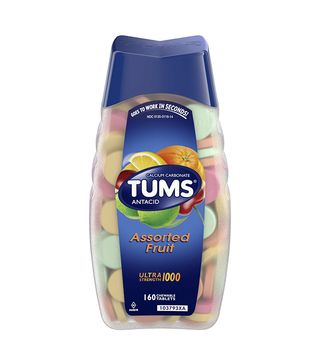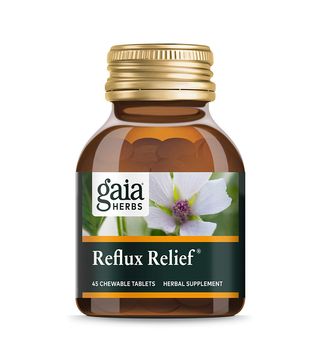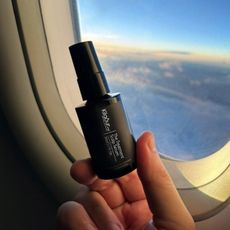11 Common Foods That Almost Always Cause Heartburn
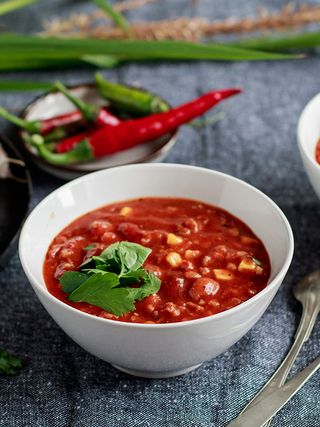
You can feel heartburn, or acid reflux, coming from a mile away—that fierce and persistent burning sensation creeping up your throat. But what exactly causes this fiery phenomenon? "Acid reflux happens when the esophageal sphincter valve does not completely close or reopens after food passes through it to your stomach," says Niket Sonpal, MD, a gastroenterologist in New York City. The opening of the valve causes the acid within your stomach to move up to your esophagus, causing heartburn, chest pain, or acid indigestion.
It's pretty common, too. Acid reflux occurs in about 20% to 30% of the population, says Sonpal. Luckily, there are ways to prevent it—namely, avoiding reflux-inducing foods.

"Certain foods increase your chance of getting acid reflux," says Sonpal. "This is due to the fact that some foods relax the lower esophageal sphincter, which prevents the valve from fully tightening."
Generally, the foods that increase your risk of acid reflux are high in fat, increase saliva, and are highly acidic. Here are some specific foods to avoid.
1. Avocado
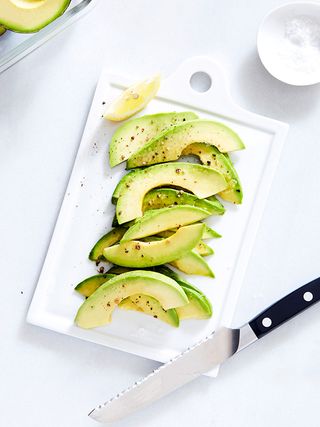
High-fat foods, including "healthy" choices like avocado, cause acid reflux because they stimulate a hormone that relaxes the lower esophageal sphincter.
2. Coffee

Your morning cuppa relaxes the lower esophageal sphincter, but there's also evidence that the effects of caffeine can trigger acid reflux.
Try something like green tea or a coffee alternative instead.
3. Chocolate
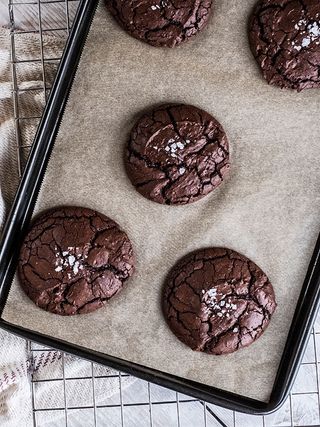
Chocolate is a triple threat. It can be high in fat and caffeine. Plus it contains cocoa, another ingredient known to relax the lower esophageal sphincter.
4. Alcohol

Alcohol (yep, that includes wine) not only relaxes the lower esophageal sphincter but can also increase the amount of stomach acid in your body. Might we suggests one of the many popular alcohol alternatives out there?
5. Salty Foods
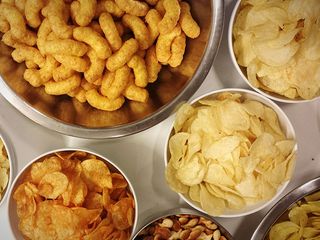
Studies suggest people who add table salt to their food three times per week or more are over 50% more likely to experience acid reflux than those who do not.
6. Greasy or Fried Foods
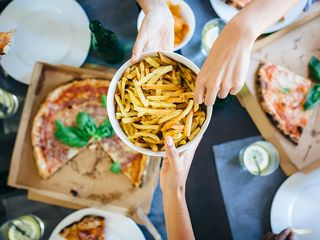
Greasy food like takeout and fried foods tend to be very high in both fat and salt, both of which cause acid reflux.
7. Citrus Fruits
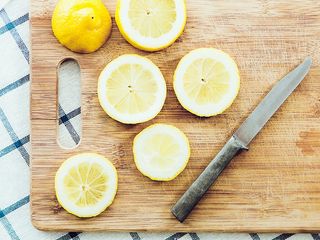
Because these foods—oranges, grapefruit, lemons—contain high amounts of acid, there's evidence they increase heartburn.
8. Spicy Food
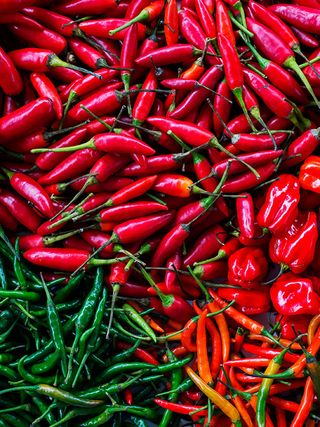
Spicy foods contain high amounts of capsaicin, a compound that slows digestion and thus can increase acid reflux.
9. Mint
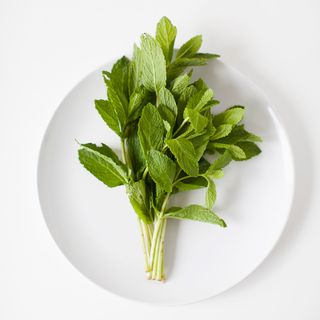
Mint may irritate the esophagus, leading to symptoms of heartburn.
10. Onions
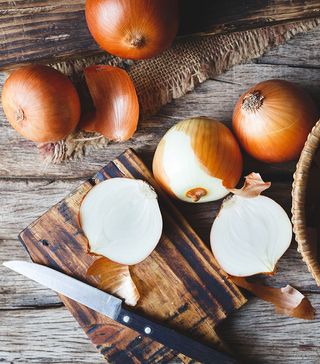
Onions relax the lower esophageal sphincter, which causes acid reflux.
11. Soda
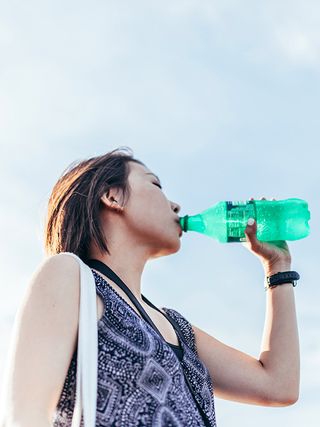
Soda not only contains caffeine, which can trigger acid reflux, but it also increases stomach acidity and can cause burping, something that can increase heartburn symptoms.
Unfortunately, though, avoidance doesn't always provide adequate relief, especially in people who are more prone to acid reflux, says Sonpal.
In these instances, there are medications—and in extreme cases, surgeries—that help neutralize the acid in your stomach. Your doctor may initially prescribe antacids, says Sonpal. And if those do not work, they may give you foaming agents that coat your stomach or prokinetics that strengthen your lower esophageal sphincter, he explains. As a last resort, your doctor may place a metal ring, known as a Linx device, at the bottom of the esophagus or wrap the upper part of your stomach during surgery.
If you have extreme acid reflux, it's best to consult your doctor. Treatment varies per person, and persistent acid reflux can cause long-term health problems. "Stomach acid is very irritating to the lining of the stomach and esophagus," says Sonpal. "If left untreated, you may develop gastroesophageal reflux disease, a disease that can lead to long-term damage to the throat or, in extreme cases, cancer."
Next up: The 7 Best Vitamins That Will Boost Your Metabolism
This story was published at an earlier date and has been recently updated.
Disclaimer
This article is provided for informational purposes only and is not intended to be used in the place of advice of your physician or other medical professionals. You should always consult with your doctor or healthcare provider first with any health-related questions.
Brigitt Earley is a freelance writer and editor based in New Jersey. She currently works for a variety of women's lifestyle publications including Oprahmag.com, Good Housekeeping, Apartment Therapy, and more. Most of her content is focused on helping women find all the best products—from beauty and wellness to home décor and beyond—but she routinely pens stories about health and wellness, relationships, parenting, and work. Her previous experience includes more than eight years at Real Simple. In fact, this is where she began her career as an editorial assistant, working her way up to her most recent full-time editorial staffing position as the deputy editor of its website. Before beginning her professional career, she graduated from Loyola University in Maryland with a bachelor's degree in business administration then The Medill School of Journalism with a master's in magazine journalism. She also snuck in a stint at the French Culinary Institute in New York City. When she's not typing away, you can find her cooking something new, starting some renovation or organization project at home, and playing with her two young sons. Sometimes, she can even sneak in a run or—even better!—a barre class.
-
 I Live for Yoga and Pilates—These Are the Pieces That Help My Flow
I Live for Yoga and Pilates—These Are the Pieces That Help My FlowTake notes.
By Humaa Hussain
-
 It's Time to Get Our Nutrition in Check for Summer—This App Is Making It Easy
It's Time to Get Our Nutrition in Check for Summer—This App Is Making It EasyThe recipe ideas are endless.
By Who What Wear
-
 If You're Battling With Digestive Issues, This Could Be Why
If You're Battling With Digestive Issues, This Could Be WhyTurns out, you may not have IBS after all.
By Kia Topps
-
 Our Editors Own a Lot of Sneakers, But This Pair Comes in First Place Every Time
Our Editors Own a Lot of Sneakers, But This Pair Comes in First Place Every TimeA major win.
By Aniyah Morinia
-
 I Changed My Mind About Strength Training When I Tried This Workout
I Changed My Mind About Strength Training When I Tried This WorkoutMy confidence is officially on 10.
By Kia Topps
-
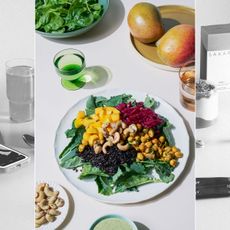 I Only Ate Sakara Life Meals for 30 Days—Here Are 7 Things That Happened
I Only Ate Sakara Life Meals for 30 Days—Here Are 7 Things That HappenedThe brand's 30-Day Fall Reset is finally here.
By Erin Jahns
-
 This Type of Gear Will Take Your Workout to the Next Level
This Type of Gear Will Take Your Workout to the Next LevelBring it on.
By Sarah Yang
-
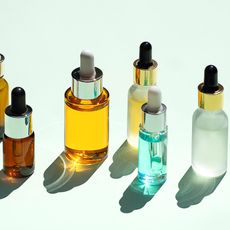 6 Essential Oils That Will Heal Your Painful Sunburns
6 Essential Oils That Will Heal Your Painful SunburnsAll-natural relief ahead.
By Samantha Parsons
